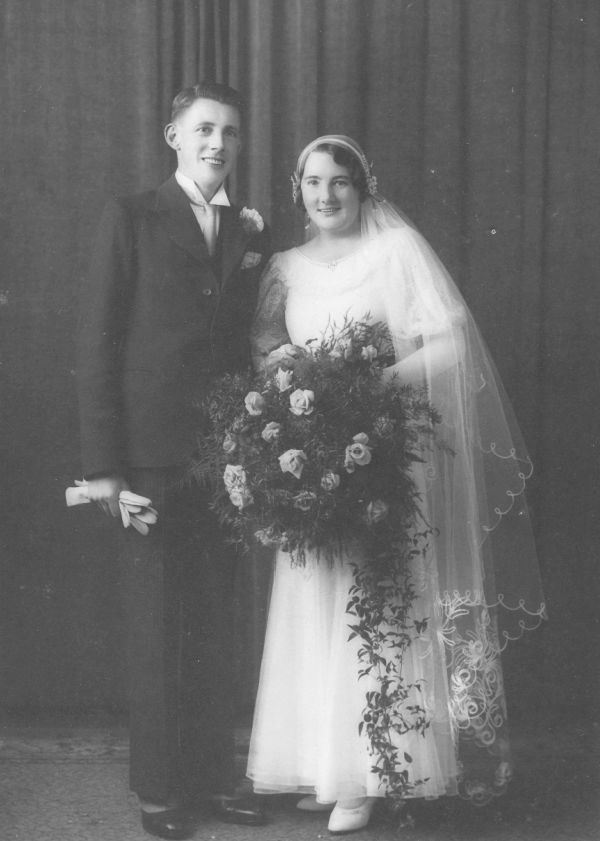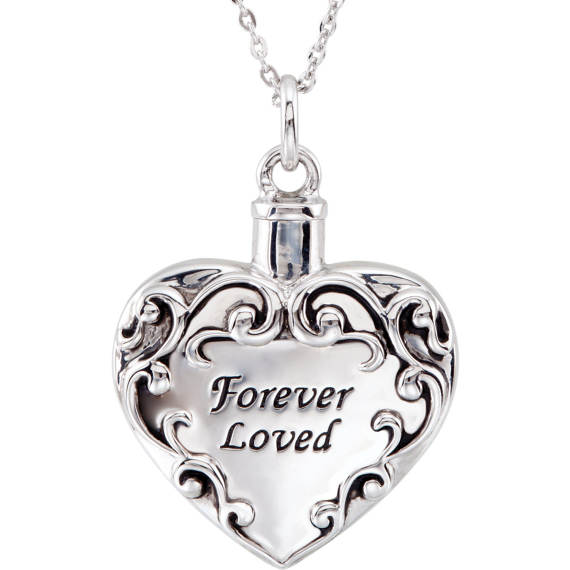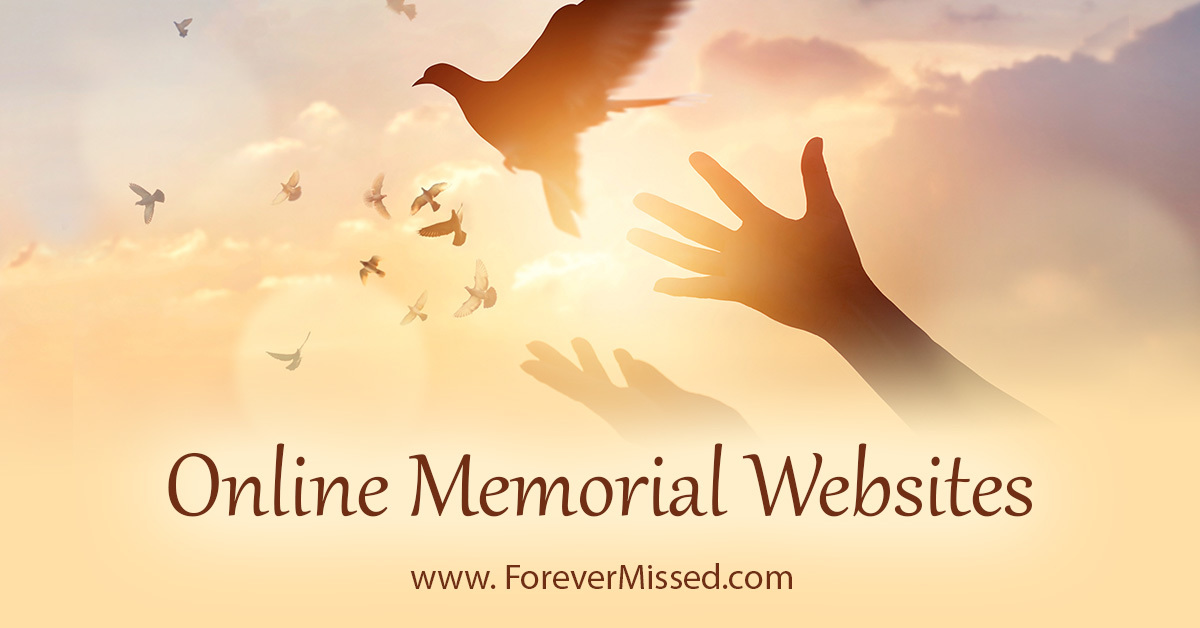What Is the Difference Between Grief and PTSD?
One of the differences between grief and PTSD (post-traumatic stress disorder) is that grief is a normal reaction to loss, whereas PTSD is listed as a mental disorder in the Diagnostic and Statistical Manual of Mental Disorders (DSM–5).
However, since I first wrote this article, Prolonged Grief Disorder has been added to the DSM, resulting in much consternation and controversy among grief experts and researchers who do not like the idea of grief being 'medicalised'.
The term PTSD was originally coined by psychologists working with veterans who had been affected by the traumas of service in Vietnam. In the past, problems in returning soldiers would have been called ‘shell shock’ a term which came into use amongst the soldiers themselves.
These days, PTSD is a clearly defined condition and a more wide ranging term to describe a range of symptoms which can be caused by many kinds of trauma, and not just trauma caused by combat and war. It can occur after childhood trauma and abuse or after major accidents and natural disasters. Often those who are in the rescue services or first attenders can be affected, but it can happen to anyone, even those who were not even at an event but heard about it afterwards.
 A helicopter on the battlefield, Photo by Chandler Cruttenden, Unsplash.
A helicopter on the battlefield, Photo by Chandler Cruttenden, Unsplash.Grief and PTSD
Many of the symptoms and experiences suffered by grievers may be similar to some of those in PTSD, so it’s important for health professionals and counselors to understand the differences. In addition, grief can sometimes lead to PTSD if the loss was a sudden or traumatic one and it is possible to have both at the same time.
Read more on our page: Can Bereavement Cause PTSD?
We interviewed Dr Matthew Welsh, from Choosing Therapy, who is a licensed clinical psychologist at a Veteran Affairs hospital to find out more about the differences between grief and PTSD.
Dr Matthew Welsh: “Grief involves different reactions than PTSD. For example, grief involves sadness and loss. Additionally, grief is a normal response that all humans go through when they experience a loss. Each person experiences grief differently, but typically it can involve anger, sadness, denial, bargaining, and acceptance. However, not everyone experiences these emotions and many people experience a range of these emotions in no specific order or stages. These emotional reactions may be painful, but typically do not prevent a person from functioning in their relationships or work. Additionally, these emotions of normative grief are not considered a mental disorder in the DSM-5.
However, PTSD involves a specific set of symptoms or reactions and is considered a mental disorder in the DSM-5. PTSD involves the following 5 symptoms. These symptoms may occur when someone is grieving, but do not necessarily have to occur in grief. However, all 5 of these symptoms must occur for someone to be diagnosed with PTSD.
- Exposure to actual or threatened death, serious injury, or sexual violence.
- Intrusive symptoms such as having nightmares or intrusive memories or feeling like you are reliving the event.
- Avoiding external (people, places, or things) or internal (feelings or memories) reminders of the the traumatic event.
- Negative alterations in mood (anger, guilt, shame or cognitions) or cognitions (e.g., difficulty trusting others or self, blaming self for the event, believing world is unsafe) associated with the traumatic event.
- Marked alterations in arousal or reactivity. This may include irritable behavior and angry outbursts, hypervigilance, exaggerated startle response, problems with concentration, or sleep disturbance.
Additionally, these symptoms must cause significant distress or impairment in social or occupational areas of function. Some people may experience both grief and PTSD and there may be some overlap in their symptoms. However, they are distinct and have their own unique set of reactions or criteria.”
Read more about 'What Is PTSD' here.
Shell Shock after Serving in Two World Wars
Elizabeth Postle recounts the story of her father-in-law, who served in two world wars and had some symptoms of ‘shell shock’.
“My husband's father was born on Oct 14th, 1897 so he was a young man during the 1914 to 1918 war. He became a soldier and was in Ypres, France fighting in the trenches. Like most ex-soldiers who have fought in wars, he rarely talked about it and spent his early working life after demob, as a grocery store manager. He married in 1933 and had a son, my future husband in 1935.
 Norman and Doris on their wedding day, 1933.
Norman and Doris on their wedding day, 1933.During the second world war, 1939 to 1945 Norman was a special constable with the police force. His job was to patrol his area. No lights had to be seen coming from homes or street lights, so there were no targets for bombing raids and he checked that blackouts were adhered to as well. I was a child at that time. I still remember having to check all curtains were closed and being woken and taken into a shelter, when the sirens wailed to let people know that a bombing raid was imminent.
Norman worked and supported his family. He always appeared cheerful and no one would guess that the war years had affected him in any way. He never talked about it, like many men of his era.
After I married his son in 1959, I began to realise that he had not escaped the realities of life in the trenches.
He would have nightmares in which he would jump out of bed and one could hear him making noises as if a gun was firing. He would be kneeling at the side of the bed, still asleep, his arms outstretched as if holding a machine gun.
One night when he leapt out of bed he hit his face on the radiator and damaged a facial nerve and had to have surgery. It was similar to sleep walking as he could never remember doing it or wondered why he was out of bed if he woke up during one of his episodes. My husband and mother-in-law said it had been going on as long as they could remember and mostly Norman was not aware of it. He always appeared to be a contented, happy man but the ‘night terrors’ as we called them perhaps indicate that the trauma was still very much with him, at least in his sub-conscious. In those days we called it ‘shell shock’. He was able to carry on his normal life, work and activities, though many returning soldiers were not.
We have so much to thank his generation for and must never forget them all.”
We are lucky today that there is so much more awareness of PTSD in all different types of trauma, as well as the ways grief can become severe or disordered. There is much research being carried out into grief as well as PTSD and into the ways in which different therapies can help those affected.
A book I have found very useful recently in understanding how our physical and mental health is affected by trauma, and how we can heal, is The Myth of Normal, by Gabor Mate.
If you are affected by grief, have a look at our advice on ‘how to find grief support’.
There are also links to support for veterans on this page about ‘veterans’ grief’.
We would like to thank Dr Matthew Welsh, MS, PhD for providing his expertise for this article.
Where to get help:
Have You Considered One-on-One Online Grief Counseling?
Get Expert and Effective Help in the Comfort of Your Own Home
The following information about online counseling is sponsored by 'Betterhelp' but all the opinions are our own. To be upfront, we do receive a commission when you sign up with 'Betterhelp', but we have total faith in their expertise and would never recommend something we didn't completely approve.
Do you feel alone and sad with no support and no idea how to move forward? It can be tough when you are stuck in grief to find the motivation to get the most out of your precious life.
Online counseling can help by giving you that support so you don't feel so alone. You can have someone to talk to anytime you like, a kind and understanding person who will help you to find meaning in life again, to treasure the memories of your loved one without being overwhelmed and to enjoy your activities, family and friends again.
- Simply fill out the online questionnaire and you will be assigned the expert grief counselor most suitable for you. It only takes a few minutes and you don't even have to use your name.
- Pay an affordable FLAT FEE FOR UNLIMITED SESSIONS.
- Contact your counselor whenever you like by chat, messaging, video or phone.
- You can change counselor at any time if you wish.
- Click here to find out more and get started immediately.
- Or read more about how online counseling works here.
Sales from our pages result in a small commission to us which helps us to continue our work supporting the grieving.
Hypnosis for Grief - 10 Ways It Can Help You
Try a gentle hypnotherapy track to relax the mind. Learn how self-hypnosis can help you cope with grief at any time of the day or night.

For Remembrance:
Sales from our pages result in a small commission to us which helps us to continue our work supporting the grieving.
Memorial Jewelry to Honour a Loved One
Check out our lovely range of memorial jewelry for any lost loved one. Pendants, necklaces, rings or bracelets, we have them all in all kinds of styles. Choose for yourself or buy as a sympathy gift.
Create an Online Memorial Website
Honour your loved one with their own memorial website. Share photos, videos, memories and more with your family and friends in a permanent online website. Free for basic plan with no ads.
- Grief and Sympathy Home
- Questions About Bereavement
- What is the Difference between Grief and PTSD








